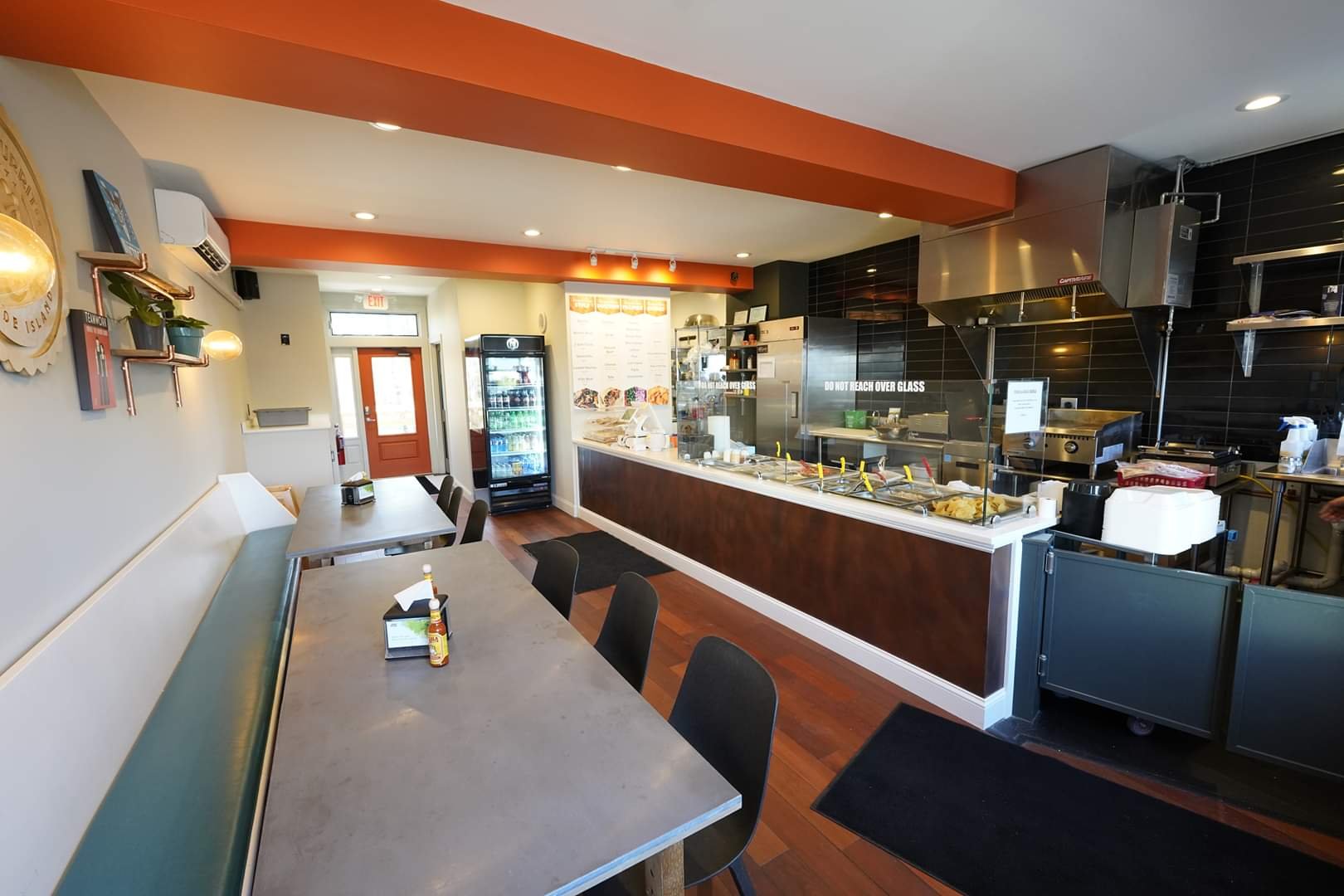Support East Providence’s Small Business Community
At last count (2017) there were 1,302 small businesses in East Providence. They averaged 16 employees and paid an annual wage of $47,933; which was 27% higher than the median income of all workers in our community. Small businesses are positive economic drivers for communities and their employees, unfortunately small businesses struggle to grow in East Providence relative to the rest of Rhode Island. From 2011 to 2021 the assessed value of commercial real estate per capita in East Providence grew by 5%, whereas it grew by 11% elsewhere in RI. The trend was also discouraging in tangible business assets per capita, which in East Providence grew by 16%, while the remainder of the state grew by 31%.
Why might we be seeing poor business asset growth in East Providence?
There are a wide range of factors to consider, but let's focus on a few of them. East Providence’s economic development toolbox is limited and rarely utilized. We have a loan program (UDAG) available that caps at $99,999 for six year loans, and Tax Stabilization Agreements (TSA) which phase in new taxes over 6 years with investments over $150,000 in physical infrastructure. Since 2016, the loan program has administered 11 loans over $10,000–less than 2 per year. Although the loan program has $800,000 in capital available, $200,000 presently sits unused. There are 21 TSAs are on the books currently. These are dollars and cents measures that, while modest compared to other cities, can help our business community. Unfortunately, they’re accessed so infrequently as to have a minimal impact.
Our physical business infrastructure is outdated. Like much of our residential housing stock, our commercial buildings are at, or nearly, the end of their functional life. Our business infrastructure, particularly of the “Main St.” variety, needs more than just cosmetic updates. These buildings require substantial improvements to meet the needs of modern businesses and the community those businesses aim to serve. Running a small business is challenging enough as it is, but it’s even more so when you’re forced to make major capital investments just to occupy a space.
A vacant storefront is transformed into a vibrant locally owned small business; Tall Tumbleweed Modern + Vintage
Many of our small business corridors including Waterman Ave, Taunton Ave, Broadway, and Bullocks Pt. Ave were built before the advent of car dominant transportation. These main streets check many of the walkability boxes that people desire nowadays, but they lack the proximal population density and high functioning public transportation to make them truly walkable business districts. Meanwhile, Newport Ave, Pawtucket Ave, and Willet Ave have the hallmark features of car centric shopping experiences; large parking lots and lots of space between the businesses. With few exceptions (such as grocery stores and home improvement stores) consumers have moved away from car centric retail experiences. What this means is that East Providence has almost nothing to offer when it comes to what the modern consumer is seeking from retail. As a result our small businesses suffer to attract consumers with better options available outside our community.
The development and growth of locally-owned businesses has the best return on investment for our community. Spending at locally owned businesses keeps 68 cents on the dollar in the local economy vs 43 cents with the national chains. When our city doesn’t give local businesses the best opportunity to succeed in the community, they’re tilting the balance further to national chains which are literally exporting our hard earned money out of East Providence to far-off destinations. If we’re going to grow the economic prosperity of our business community–and by extension the citizens of East Providence–we must turn our full attention to lifting the prospects of local businesses.
Union Burrito; originally opened by Ruarri in 2018 as Proud Mary’s Donuts. A long vacant storefront revitalized.
Many of my recommendations for action are not pulled out of thin air, but based upon the best practices of communities that are succeeding where others have failed. One of the first initiatives I will recommend is the implementation of a Small Business Incremental Financing Program, much like the program of the same name in Chicago. The loan program is funded by the incremental taxes added to a community through growth in the commercial tax base.
Empty storefronts are an eyesore and evidence of community in decline.
East Providence cannot be a passive observer of the plight of our business community. It’s time to acknowledge that our previous best intentions have been a failure and start fresh with an approach that recognizes that the further regression of our business community isn’t an option. When the business community creates value, that value must be immediately re-invested in that same community to secure the gains and bolster the case for further growth.




